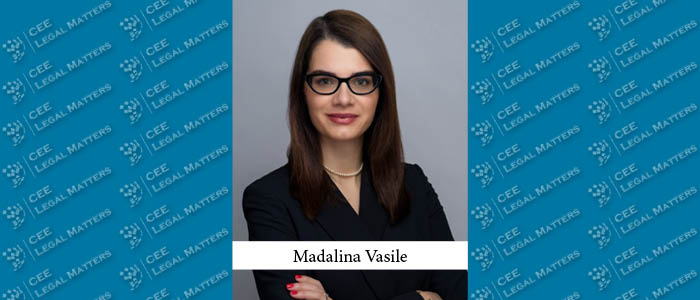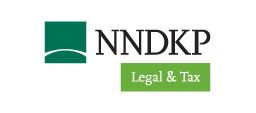Looking back at 2023, we witnessed important developments in the legal framework for environmental protection (in the broad sense).
Their context is familiar, as the interested public is already aware of the EU's objectives for achieving climate neutrality and for the transition from a linear to a circular model of production and consumption.
The impact of the changes proposed or which entered into force in 2023 is expected to be substantial and long-lasting. It will add to the already existing pressure for private sector operators to develop and implement their business strategies in tandem with environmental protection efforts.
Among the developments of the European legal framework in 2023, the Battery and Waste Batteries Regulation, which entered into force on 17 August 2023, will have a considerable impact. The Regulation will apply (with some exceptions) starting with 18 February 2024 and has a wide scope. It introduces new life cycle requirements for all types of batteries, regardless of their shape, volume or purpose. For example, electric vehicle batteries, industrial batteries and portable batteries are targeted by the Regulation. The requirements cover, among others, performance and sustainability criteria, labelling and information requirements, minimum recycled content requirements and minimum collection targets for spent batteries.
Further, the Regulation establishing the Carbon Border Adjustment Mechanism (CBAM) became applicable on 1 October 2023. This date marks the beginning of the transitional phase of the CBAM, which will last until 31 December 2025. During this period, the obligations cover quarterly reporting of greenhouse gas emissions (generally carbon dioxide emissions) embedded in goods listed in Annex I to the CBAM that are imported into the EU. This covers goods from the following sectors that are highly polluting and vulnerable to carbon leakage: cement, iron and steel, aluminum, fertilizers, electricity and hydrogen. The first quarterly CBAM report was due by 31 January 2024, covering the reporting period 1 October 2023 - 31 December 2023. Failure to submit the report during the transitional phase may result in sanctions ranging from EUR 10 to EUR 50 per tonne of unreported emissions. In the final phase of the CBAM (starting with 1 January 2026) importers of CBAM goods will have to declare annually the quantity of goods imported in the previous year and the embedded greenhouse gas emissions. In addition, importers will have to surrender CBAM certificates (one CBAM certificate for each tonne of embedded emissions). The price of CBAM certificates will be calculated based on the weekly average auction price of ETS certificates.
As expected, stakeholders’ main concern encountered in practice so far is that the accuracy of the CBAM reporting is dependent on the accuracy of the information to be obtained from the suppliers in third countries from which they purchase CBAM goods. This challenge stems from the need to ensure a solid basis for cooperation between the parties involved, as well as contractual liability mechanisms to prevent or manage the risks that the CBAM declarant may incur by relying on the information provided by its suppliers.
New requirements were also introduced by the Regulation on deforestation-free supply chains which entered into force in 2023, with certain provisions becoming applicable starting with 30 December 2024. The Regulation sets requirements for certain goods exported or placed on the EU market to be deforestation-free. Among other things, companies must be able to demonstrate that the products covered by the Regulation come from areas that have been free from deforestation and forest degradation after 31 December 2020.
Also in 2023, the Council and the European Parliament reached provisional agreements on several legislative initiatives. These include the proposal for a Directive on the protection of the environment through criminal law, the proposal to amend Directive 2012/19/EU on waste electrical and electronic equipment and the proposal for an Ecodesign Regulation. As regards the latter initiative, the proposed new requirements relate to, among other things, the re-use of products and their recycled content, while also introducing a digital product passport.
In addition, there are a number of new European Commission initiatives from 2023, including the proposal for a Green Claims Directive and the Net Zero Industry Act.
At national level, on 30 November 2023, the Deposit Return System (DRS) for non-refillable primary packaging became operational, being, at this moment, the second largest system of this type in the EU and the largest circular economy project in Romania. Among other benefits, DRS will contribute to Romania's collection and recycling targets for PET, glass and aluminum.
Also during 2023, a number of important strategic documents were adopted, such as the Action Plan for the National Strategy on Circular Economy and Romania's Long-Term Strategy for the Reduction of Greenhouse Gas Emissions.
The above is a brief overview of some of the legislative developments in 2023 that will have an impact in 2024 and beyond. Looking ahead, further changes to the legal framework in this area are expected, requiring increased efforts to be made by companies to track, understand and apply constantly evolving regulations that are as dense as they are challenging in practice.
By Madalina Vasile, Managing Associate, NNDKP


